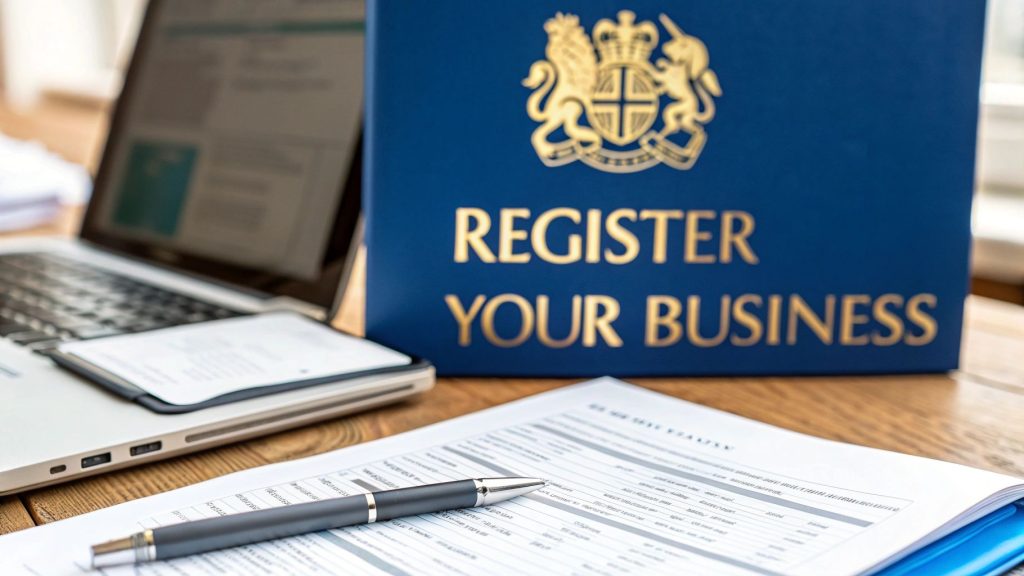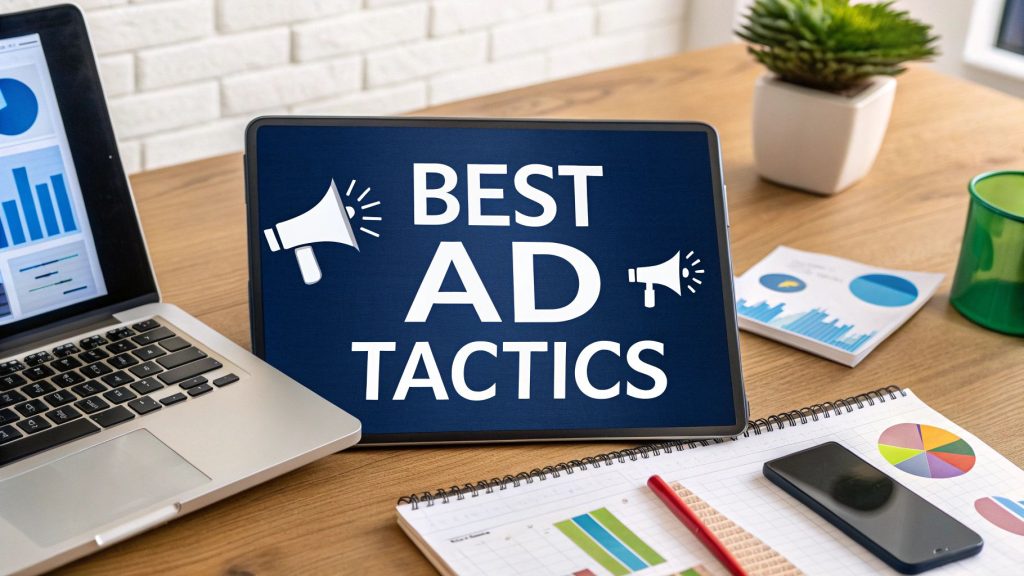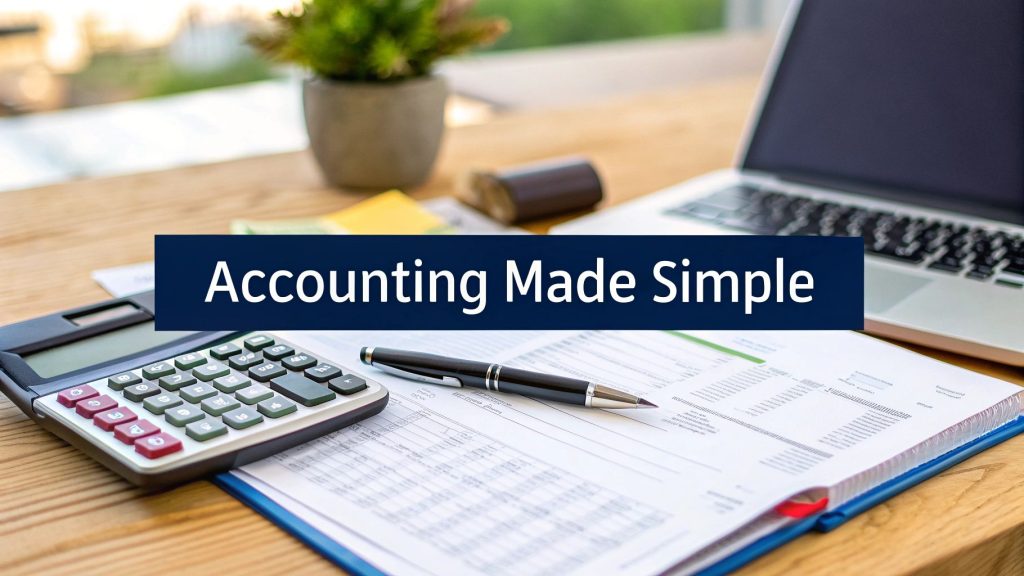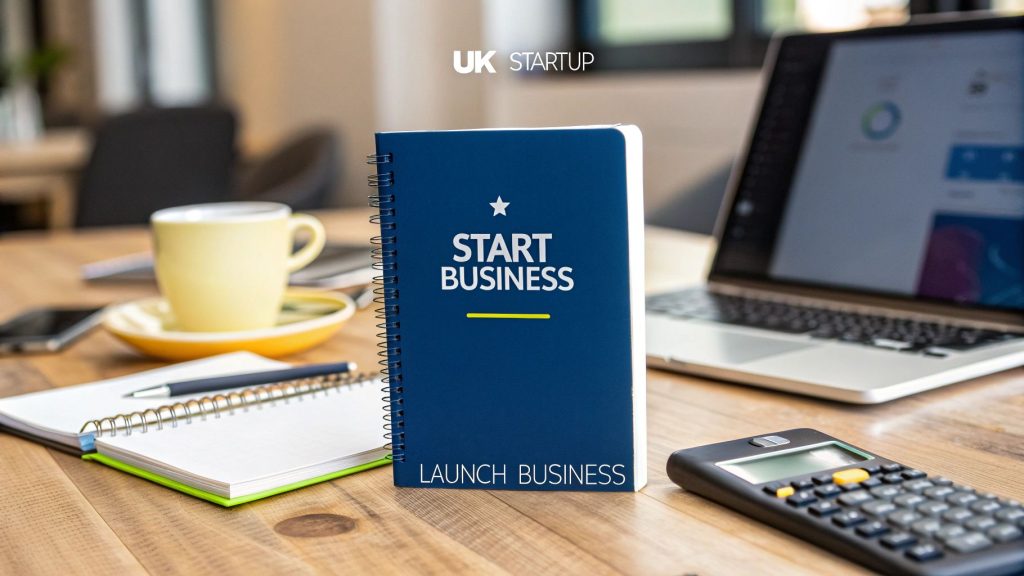Running a Business Partnership in the UK: Complete Guide for Entrepreneurs
Running a Business Partnership – Starting a business with someone else can be rewarding — you share the workload, combine skills, and pool resources. But partnerships also carry risks if expectations aren’t clear.
In the UK, a partnership is one of the simplest ways for two or more people to run a business together. In this guide we’ll explain how partnerships work, the different types available, the pros and cons, tax rules, and what to think about before jumping in.

What Is a Partnership?
A partnership is a business owned and operated by two or more people. All partners share responsibility for the business — its profits, its debts, and its decisions.
The key point: in a traditional partnership, there is no legal separation between the business and the partners. Each partner is personally responsible for the actions of the partnership.
Setting Up a Partnership
Unlike a limited company, partnerships are relatively easy to form.
Step 1: Agree with your partners
A handshake might feel natural, but a written partnership agreement is strongly recommended. It should cover:
-
How profits are shared.
-
Roles and responsibilities.
-
What happens if someone leaves or joins.
-
How disputes will be resolved.
Step 2: Register with HMRC
-
The partnership itself must be registered with HMRC.
-
Each partner must also register for Self-Assessment and file their own return.
Step 3: Choose a business name
Like sole traders, partnerships can trade under the partners’ names or a business name (with similar restrictions).
Step 4: Open a business bank account
While not legally required, a dedicated account helps track partnership income and expenses.

Responsibilities of Partners
Being in a partnership means shared responsibilities, but also shared risks.
-
Debts and obligations: Partners are “jointly and severally liable.” If the partnership can’t pay its debts, creditors can pursue any partner personally.
-
Profits and losses: Divided as agreed (or equally if no agreement).
-
Tax returns:
-
The partnership files an annual return to HMRC.
-
Each partner files a Self-Assessment and pays tax/NIC on their share of profits.
-
-
Compliance: Depending on industry, you may need licences, permits, or insurance.
Advantages of a Partnership
-
Simple setup
Easy and inexpensive to start compared to a limited company. -
Shared responsibility
Spreads workload, skills, and decision-making. -
More resources
Pooling money, contacts, and expertise. -
Privacy
Unlike a limited company, accounts are not published at Companies House. -
Flexibility
Profit-sharing arrangements can be tailored to the partners’ contributions.
Disadvantages of a Partnership
-
Unlimited liability
Each partner’s personal assets are at risk for debts. -
Shared risk
You’re liable for the actions of your partners — even mistakes you didn’t make. -
Potential for conflict
Disagreements over money or strategy can strain relationships. -
Continuity issues
If one partner leaves or dies, the partnership may automatically dissolve unless the agreement says otherwise. -
Funding difficulties
Banks and investors often prefer companies.

Partnership Taxes Explained
Partnerships do not pay tax as an entity. Instead:
-
The partnership completes a partnership tax return showing profits.
-
Profits are allocated between partners according to the agreement.
-
Each partner files a Self-Assessment tax return and pays:
-
Income Tax on their share.
-
Class 2 and Class 4 National Insurance if they’re an individual.
-
If turnover exceeds the VAT threshold, the partnership must register for VAT.
Partnership Agreements
A well-drafted partnership agreement is essential. Without one, the Partnership Act 1890 applies by default, which may not reflect your intentions.
Key clauses to include:
-
Capital contributions.
-
Profit/loss sharing ratios.
-
Decision-making process.
-
Admitting new partners.
-
Exit strategy and dissolution.
-
Handling of disputes.
Many partnerships fail because they never agreed on these points upfront.
Ordinary Partnership vs LLP
While both allow people to work together, there are key differences:
| Feature | Ordinary Partnership | LLP |
|---|---|---|
| Legal status | Not separate from partners | Separate legal entity |
| Liability | Unlimited | Limited to investment |
| Tax | Income Tax & NIC on profits | Income Tax & NIC on profits |
| Set-up | Simple, register with HMRC | Must register with Companies House |
| Admin | Low | Higher (annual accounts + filings) |
LLPs are popular when professionals want the liability protection of a company but the tax treatment of a partnership.

Insurance for Partnerships
Depending on your sector, insurance is strongly advised:
-
Public liability insurance (covers injury or property damage claims).
-
Professional indemnity insurance (for advice or consultancy).
-
Employers’ liability insurance (required if you hire staff).
Common Mistakes to Avoid when running a Business Partnership
-
No partnership agreement → Leaves you vulnerable to default law.
-
Unclear profit sharing → Causes disputes later.
-
Mixing personal and business finances → Complicates tax and liability.
-
Ignoring VAT → Register if turnover exceeds the threshold.
-
Failing to insure → Puts partners’ personal assets at unnecessary risk.
Growing a Partnership
Just because you start small doesn’t mean you must stay small. Growth strategies include:
-
Hiring employees to expand capacity.
-
Investing in marketing to increase client base.
-
Expanding services based on each partner’s strengths.
-
Converting to an LLP or Ltd company when risk and profit levels justify it.
Who Should Consider a Partnership?
Partnerships suit:
-
Friends or colleagues with complementary skills.
-
Family businesses.
-
Professionals pooling expertise (accountants, consultants, trades).
They may not suit:
-
High-risk industries.
-
Situations where liability protection is essential.
-
Ventures needing external investors.
Running a Business Partnership Pros and Cons Recap
| Factor | Partnership Advantage | Partnership Disadvantage |
|---|---|---|
| Setup | Simple Easy, low-cost to start. | Limited protection Less formal safeguards compared to a company. |
| Liability | Shared Workload and decisions split between partners. | Unlimited Personal assets at risk; joint & several liability. |
| Tax | Pass-through No double taxation; profits taxed personally. | Higher rates Partners may face higher personal tax bands. |
| Privacy | Private No public accounts filed with Companies House. | HMRC reporting Partnership return + individual returns. |
| Funding | Pooled resources Partners combine capital and skills. | Investor preference Banks/investors favour limited companies. |
Running a Business Partnership Summary
Partnerships can be a fantastic way to combine talents and resources when starting out. They’re simple to set up and flexible in how you share profits.
But they also come with risks — especially unlimited liability and the potential for disputes. That’s why having a clear partnership agreement and good communication are essential.
For some, starting as a partnership makes sense. For others, an LLP or limited company may provide more protection and growth potential.
At GrowMyAcorn, our advice is to start with the structure that matches your current needs — but always keep an eye on when it may be time to evolve.
What would you like to do now?
Read our in-depth [Partnership Agreement Guide] to learn what to include.
Compare options with our Choosing the Right Business Structure guide.
Try our Sole Trader vs Limited Company Calculator to see if incorporation might save tax as you grow.
See our other business structure guides
- Sole Trader
- Private Limited Company (LTD)
- Limited Liability Partnership (LLP)
- Public Limited Company (PLC)
- Community Interests Company (CIC)
















































